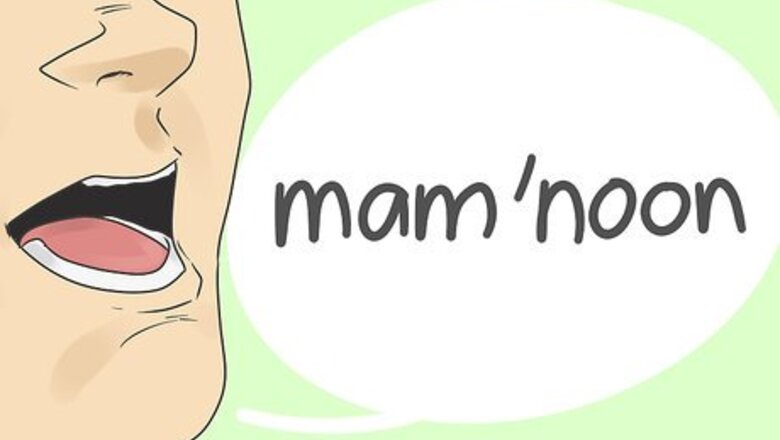
views
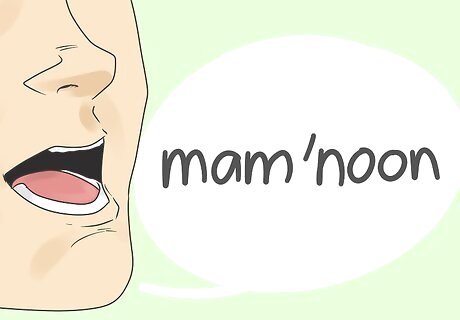
Say "mam'noon" (mæm'nun). This is a common version of "thank you" in Persian, and mam'noon is written as ممنون in the Persian alphabet. It's most often used as a way for thanking someone for doing something simple. You can easily add "am" to the end of the word and say "mam'noonam", which sounds a little bit ladylike, but the usage is same.
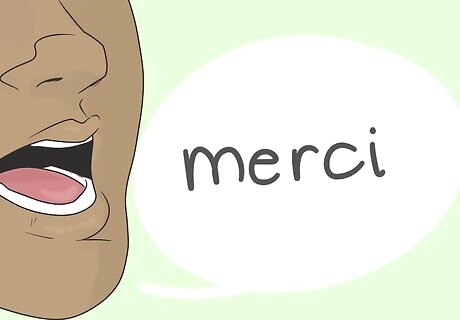
Say "merci" (mərsɪ). This term may seem like it's French, and it is, but it's actually quite commonly used in Persian as well! Merci is written as مرسی in the Persian alphabet. While it's not originally Persian and you may be confused on why you'd use French, the word is quite useful, especially in Iran.
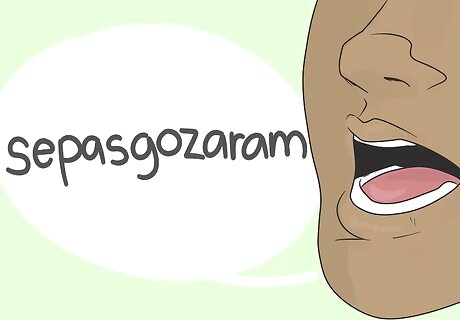
Say "sepasgozaram"(səpasgɔzaræm). This phrase, written as سپاسگزارم in Persian, is an original Persian term that translates to "I am thankful", and is often seen in books with a Persian alphabet as a formal word. You can also say "sepas", which is the short form, but still formal.
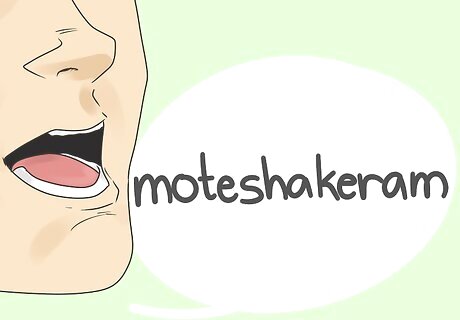
Say "moteshakeram" (mɔtəʃækəræm). A formal way of saying "thank you", it's written as متشکرم in Persian. Most people think that this phrase sounds like Arabic, the reason being that "moteshakeram" is the latest version of "mochakeram" and as it's clear, the letter "چ" (ch) is replaced because it doesn't exist in Arabic alphabet. You can easily remove "am" (which means "I am") and say "moteshaker".
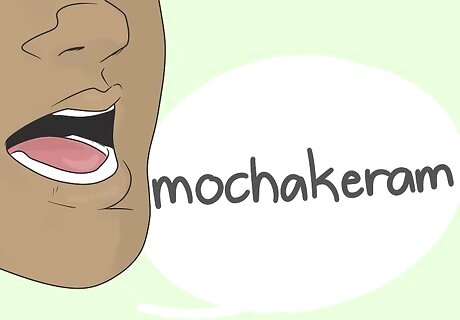
Say "mochakeram" (mɔtʃækəræm). This is a Persian derivative of "moteshakeram". Written as مچکرم in Persian, it's considered informal slang, and isn't commonly used. You can also remove "am" (meaning "I am") and say "mochaker", but this is a very friendly word. "Mochaker dadash" is the equivalent of "thanks bro".
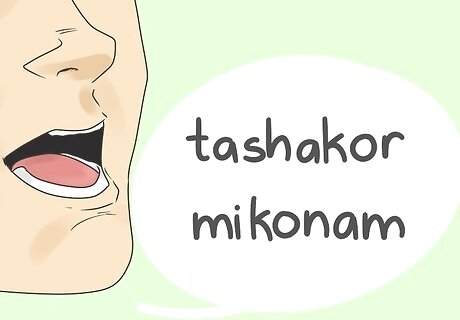
Say "tashakor mikonam" (tæʃækɔr mikɔnæm). This phrase is a very formal way of saying "thank you" and isn't commonly used. "Tashakkor mikonam", written as تشکر می کنم in Persian, may look really Arabic, so Persian people usually don't use it.
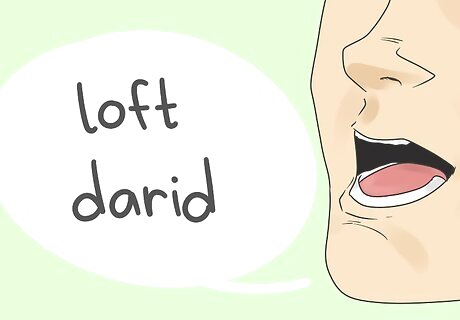
Say "lotf darid" (lɔtf darɪd). This may look a little bit different with the common way of saying "thank you", but still can be used. This phrase, written as لطف دارید in Persian, is usually used when responding to a compliment. The complete English translate is "It's your kindness", but it can be used as "Thank you". You can easily remove "d" د from the end of the phrase to make it more friendly. (lotf dari لطف داری)
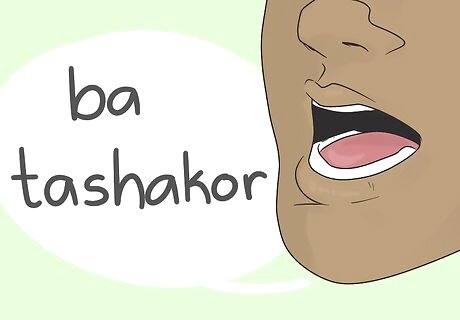
Say "ba tashakor" (ba tæʃækɔr). This is considered extremely formal in Persian and usually used at the end of formal letters. Although the phrase "ba tashakor", written as با تشکر in Persian alphabet, can be seen as the "sincerely" of formal English letters, it literally translates to "with thankfulness" in English. You may want to express deep thankfulness by adding "faravan" (færavan) at the end of the phrase. The full pronunciation is "ba tashakor-e(ə) faravan", written as با تشکر فراوان in the Persian alphabet.
















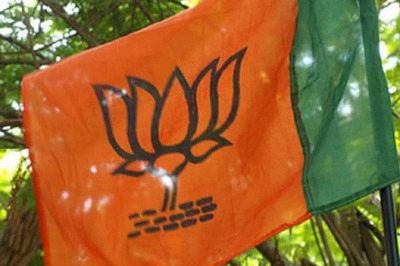


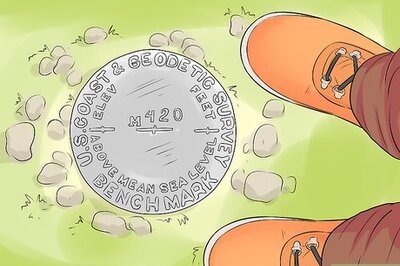
Comments
0 comment